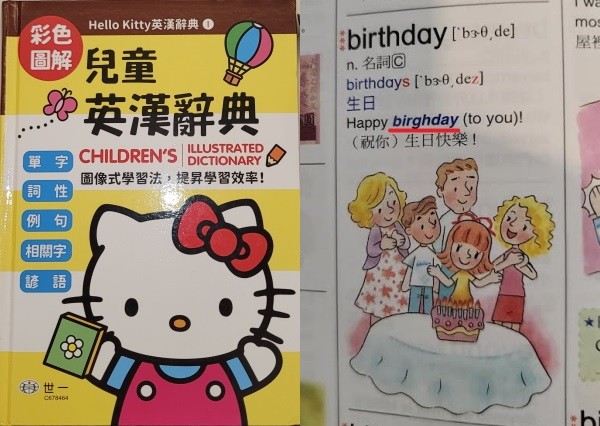New article by Stephen Johnson in Lifehacker (3/24/23):
"These Are the Most Savage Ways to Start or End an Email:
How you start and end your work email says something about your worth as a person"
N.B.: This is about work email — a very different kettle of fish from personal email, email with friends, and email in general. You work those things out on your own. If the solutions you arrive at are suitable, the relationship will persist. If not, it will wither.
Selections from Johnson's article:
How do you begin your work emails? Do you go with a simple “Hey?” Or are you into formal greetings like “Good afternoon?” or “Salutation, right, trusty, and well-beloved friend?” Or are you one of those absolute animals that just starts—with no foreplay at all? How about the closing? Are you one of those annoying, “Thank you in advance” people? Or are you more like, “Byeeeeee?”
Back in the pre-computer days, this wouldn’t be a question. There were hard-and-fast rules for business correspondence: You started the letter with “Dear, Mr. Jenkins,” and ended it with, “Sincerely yours.” Anything else would mark you as a communist or beatnik.
Read the rest of this entry »
